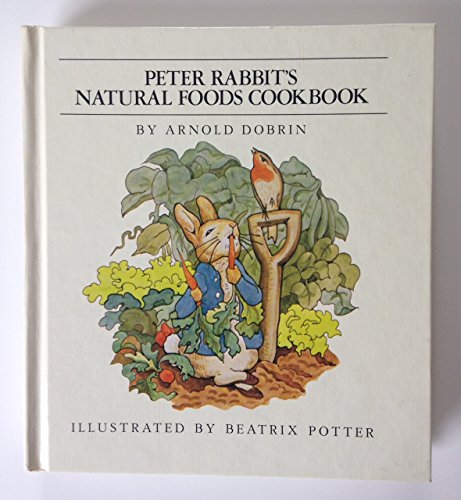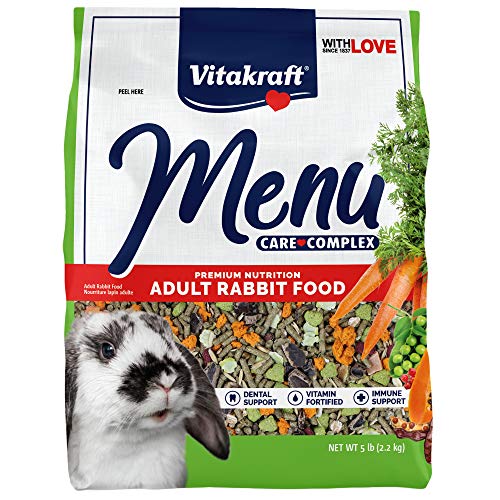I've read that you shouldn't touch newborn kits. You can't until they're a few weeks old. If you do, the dams will eat them or reject them. I've also had two people tell me this. Now, I've had other people tell m this is ridiculous and I've seen photos on here of new kits being handled.
Can someone help a sister out? I'd really rather not lose my first littler.
Can someone help a sister out? I'd really rather not lose my first littler.
























